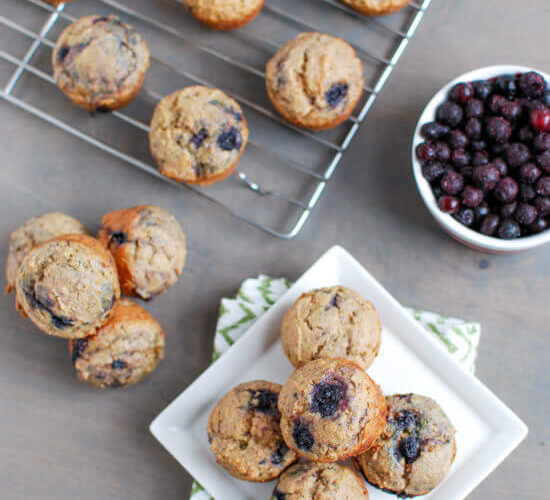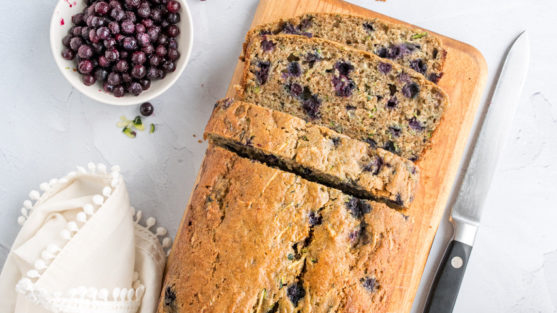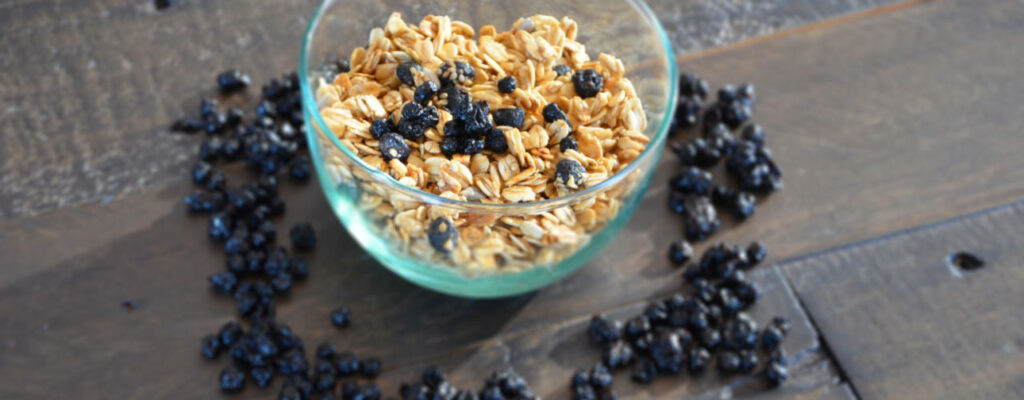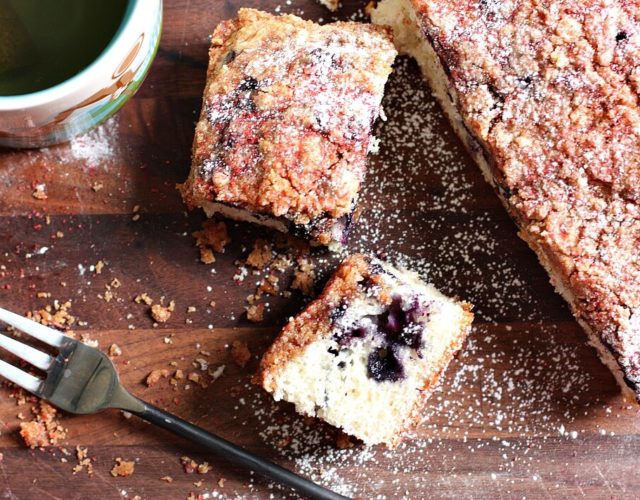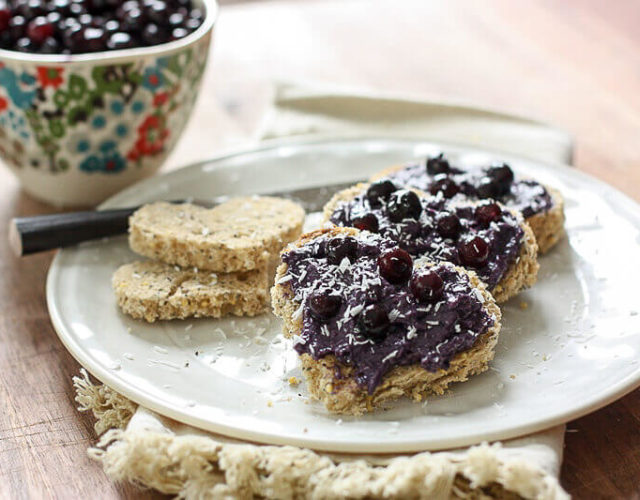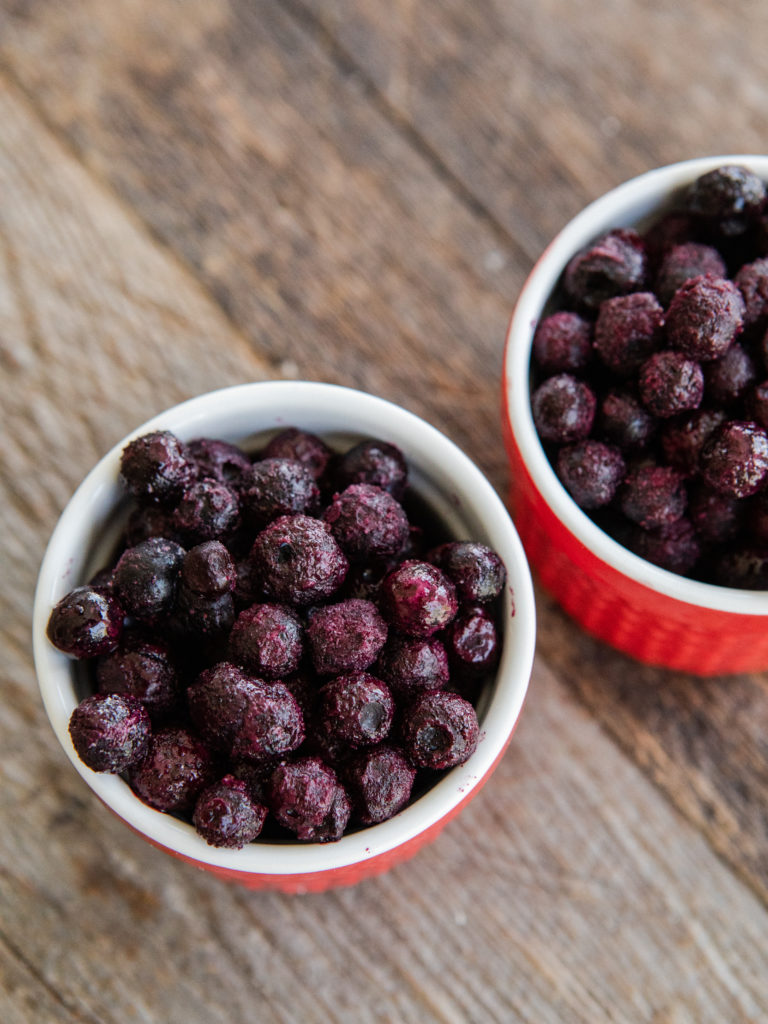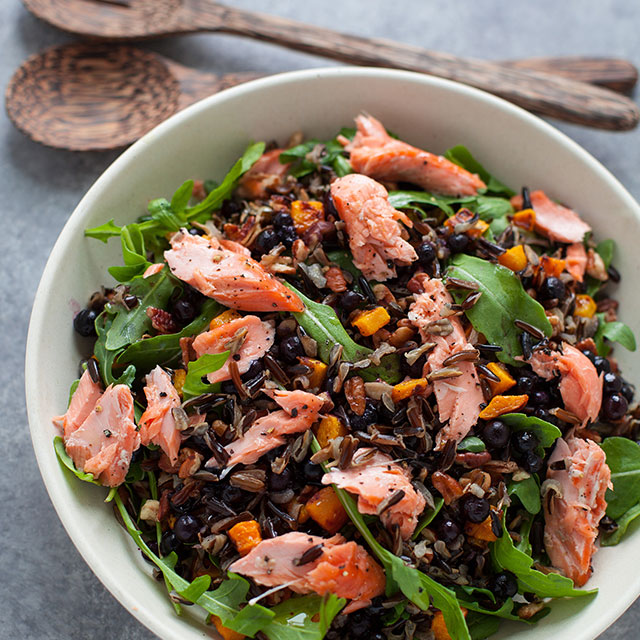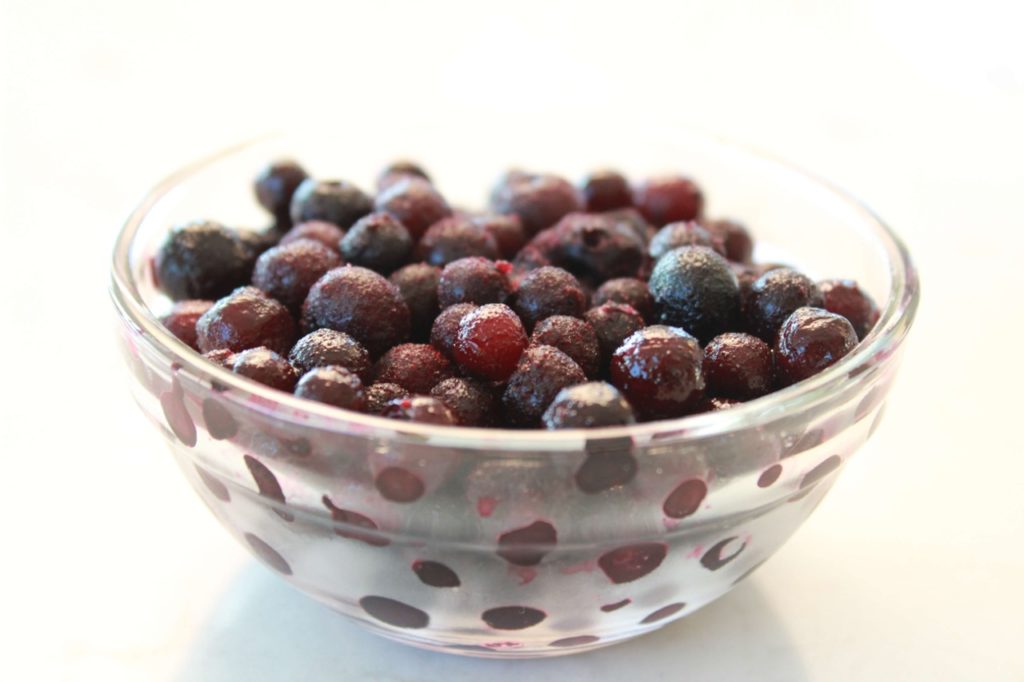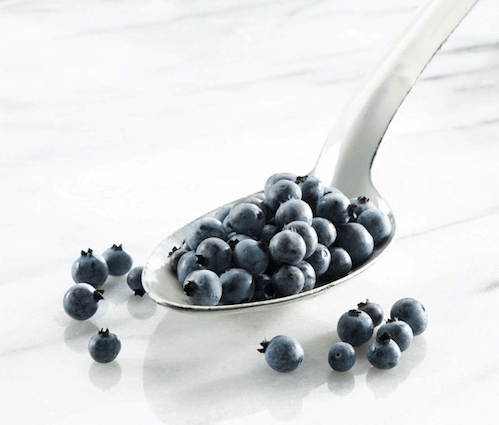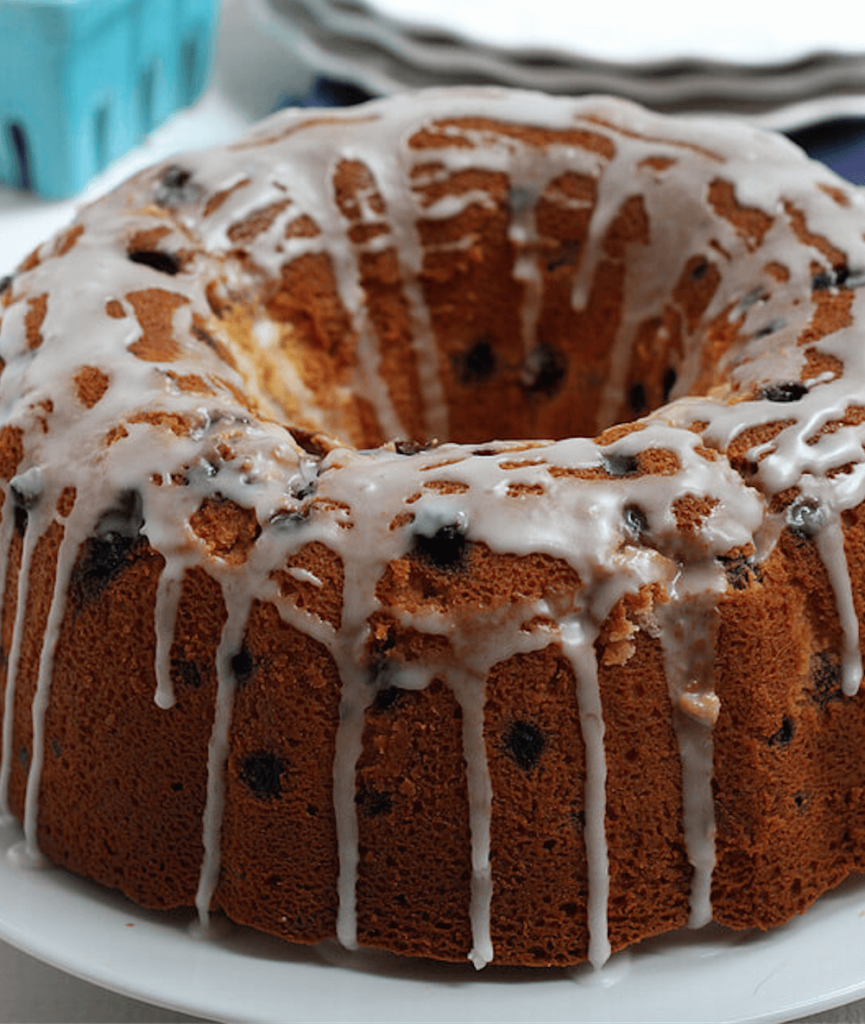By Kitty Broihier, MS, RD, LD
June is Alzheimer’s and Brain Health Awareness Month, a good time to learn more about how
we can help support our own brain health with lifestyle choices. Interestingly, the same lifestyle
habits that can benefit our brains also help our hearts (read more on this connection here).
These habits include things like being physically active, getting enough sleep and managing
stress. And of course, eating a brain-healthy diet, including plenty of fruits and veggies, is
always a top suggestion for helping to boost both cardiovascular and cognitive function.
What did the study show?
A study recently published in the American Journal of Clinical Nutrition adds to the growing
body of research showing that consuming a moderate portion of wild blueberries daily can
improve blood vessel function and some aspects of cognitive function. In the randomized,
placebo-controlled clinical study, called BluFlow, 61 healthy adults aged 65 to 81 were divided
into two groups: one group consumed a beverage made with wild blueberry powder (equal to
about ¾ cup of berries) for 12 weeks, while the other group consumed a well-matched placebo
beverage. Those participants who received the wild blueberry beverage showed improvements
in certain aspects of vascular function, including:
- A significant increase in flow-mediated dilation
- A decrease in systolic blood pressure
They also demonstrated significantly better performance than the placebo group on two
measures of cognition:
- Improved accuracy and quicker reaction time in an executive function test
- Improved episodic memory in a word recall test
Cognitive and vascular improvements from consuming wild blueberries have been
demonstrated in multiple studies previously with participants who were under physiological
stresses such as high blood pressure, metabolic syndrome and cognitive decline. Yet, the fact
that these benefits were shown in a healthy group of participants is particularly encouraging
because it’s typically more challenging to show improvements in a population that’s already
healthy. Also, it suggests that a broader population may also experience cognitive and vascular
benefits from eating wild blueberries daily—that’s good news for healthy adults and wild
blueberry lovers alike!
Is blue the clue to the benefits?
Wild blueberries are especially rich in anthocyanins, the flavonoid pigments that give the tiny
berries their purple-blue color. In fact, wild blueberries have 33% more of these pigments than
regular blueberries. What’s so special about these pigments? They have potent antioxidant
capacity and anti-inflammatory effects, making them powerful allies in the fight against chronic
disease.
According to Dr. Ana Rodriguez-Mateos, one of the Blu-Flow study’s authors and an Associate
Professor in Nutrition at the Department of Nutritional Sciences of King’s College London, the
pigments may be the key to the positive cardiovascular and cognitive effects shown in the
study. “We think the effects are driven by the blue pigments in the berries, the anthocyanins,”
said Rodriguez-Mateos. “It’s clear from this study that consuming wild blueberries is beneficial
to cognitive function, as well as vascular health. This is consistent with what we already know
about the health benefits of anthocyanin-rich foods,” adds co-author Professor Claire Williams,
Chair of Neuroscience in the School of Psychology & Clinical Language Sciences at the University
of Reading.
Looking ahead to the next Blu study
Another study from the Rodriguez-Mateos and Williams teams is on the horizon. This one will
also feature wild blueberries, and will further investigate their vascular and cognitive effects on
participants from age groups across the lifespan. Stay tuned!
